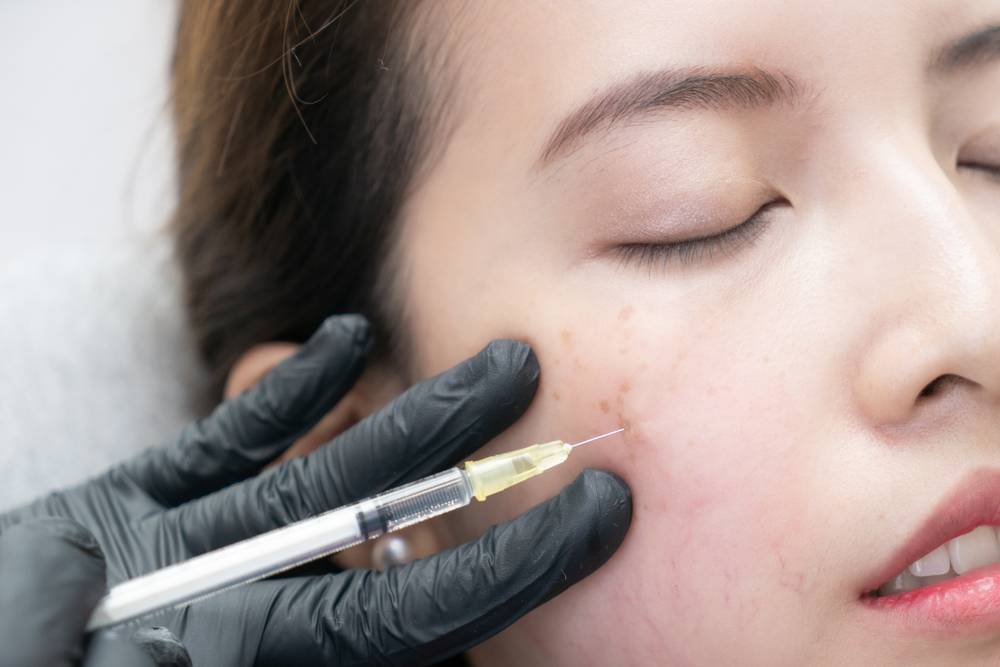In a striking case of medical malpractice, Siti Palilah Ismail, a self-employed beautician, was sentenced to eight weeks in jail for performing invasive facial aesthetic procedures without a medical license.
This alarming incident highlights the risks associated with unlicensed medical practices. This is particularly so in the realm of aesthetic treatments. The case underscores the importance of seeking licensed medical practitioners for such procedures, as the complications from unlicensed treatments can be severe and even life-threatening.
Background of the Case
Siti Palilah Ismail, after completing a three-month aesthetic course in 2019, started offering facial treatments such as Botox and filler injections in her small salon.
In 2020, she decided to become a self-employed beautician. Prosecutor Andre Tan from the Ministry of Health (MOH) mentioned that Siti rented a shop space for a small salon and advertised her services on Instagram.
From November 2020 to November 2022, she provided various invasive aesthetic procedures, including skin-whitening jabs and placenta injections.
Between June and November 2021, on four occasions, she performed several invasive procedures, such as lip filler injections, Botox jabs, and thread lift injections, on four female clients aged 24 to 50. These instances led to the four charges against her.
Risks of Unlicensed Aesthetic Procedures
Dr Chia Min Shan, Medical Director at Dr D Aesthetics Medical Clinic, emphasises the risks associated with facial aesthetic injections. She stated, “The common (minor) side effect that applies to all injectable treatments include swelling, bruising, redness, pain and allergy. Other risks are also dependent on the type of injectable. For example, dermal fillers have risks of persistent swelling due to inflammation or infection, scarring, vascular occlusion, blindness and stroke. Botulinum toxin may cause localised muscle weakness leading to eyelid ptosis or facial asymmetry.”
Importance of Licensed Medical Establishments
Dr Chia emphasised the importance of only patronising medical establishments. She stated that ‘Medical doctors go through years of training to develop deep knowledge of facial anatomy and how to deal with complications. Doctors are able to counsel on the suitability of treatments for patients who have underlying medical conditions. Secondly, products such as botulinum toxin and dermal fillers are regulated by HSA. Hence, only medical licensed clinic are able to obtain these products.’
Identifying Legitimate Medical Clinics
Dr Chia advises that legitimate medical clinics often include “clinic” in their name, while beauty providers might misleadingly use “Aesthetics.” She also added that ‘Medical clinics are required to register with the Ministry of Health. Look for the licence at the premise’ and ‘check if the place is listed in the healthcare facilities directory and if the provider is a licensed medical doctor registered under Singapore Medical Council’.
Conclusion
Siti Palilah Ismail’s case is a cautionary tale about the dangers of unlicensed medical practices. It highlights the need for public awareness and due diligence in selecting aesthetic treatment providers. Additionally, it emphasises the importance of opting for licensed and trained medical practitioners to ensure safe and effective treatment.

